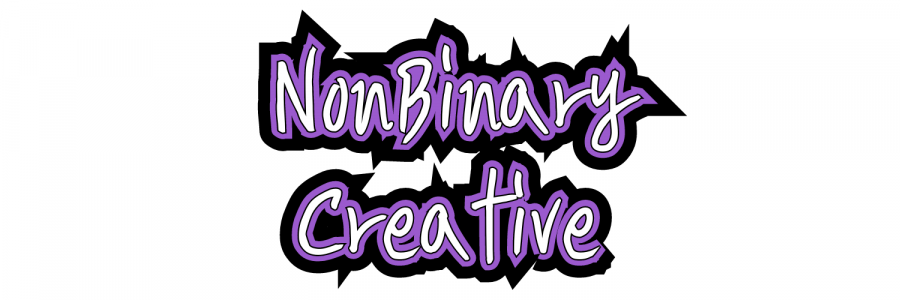YouTube video with captions.
See the poll thread on twitter here: https://twitter.com/EnbyCreative/status/1528451403353563147
Time Stamps:
0:17 : Initial takeaways from the poll answers
0:44 : Q1: Does everyone have a falsetto?
0:55 : Q2: Is falsetto always breathy?
1:04 : Q3: Do you need more or less breath than you normally use (when not in falsetto) to vocalise in falsetto, or is breath irrelevant?
1:45 : Q4: Is it possible to speak in falsetto?
1:53 : Q5: Should you speak in falsetto?
2:30 : Q6: Is falsetto sustainable?
2:54 : Q7: Is falsetto bad/damaging for your voice?
3:25 : Q8: What is falsetto produced by?
3:54 : Talking about what falsetto is.
4:48 : Responding to Q8 in more detail
5:08 : Responding to Q3 in more detail with examples
5:35 : Examples of falsetto vs modal spoken
5:57 : Responding/referencing replies made to my question “What descriptive words would you use to describe how falsetto sounds?”
6:15: What some of the responses were
6:48 : Why these are common descriptors used
7:03 : The thought of it sounding “false”
7:25 : Talking about the voice changing/growing
7:55 : Being trained to sing in your falsetto
8:10 : Examples of falsetto vs modal sung
8:36 : Examples of modal and falsetto on the same pitch
8:40 : Talking about other vocal elements that change when in modal vs falsetto
9:02 : Don’t be afraid of your falsetto!
9:38 : Why I think exploring your falsetto can be helpful for your voice
10:26 : Online workshop

